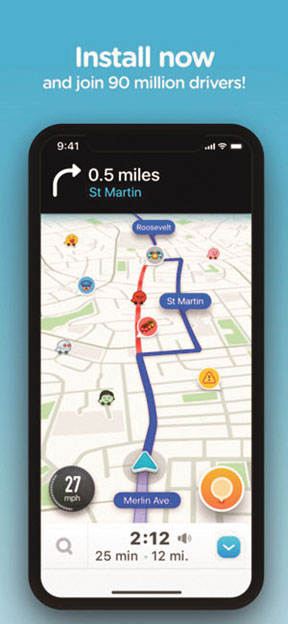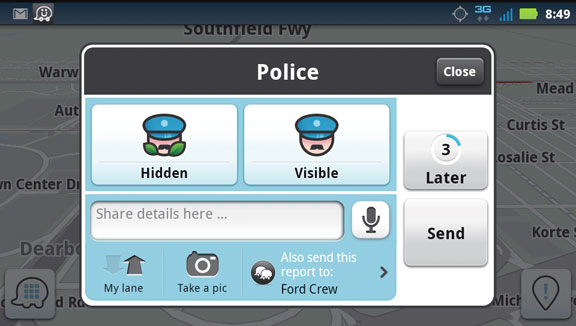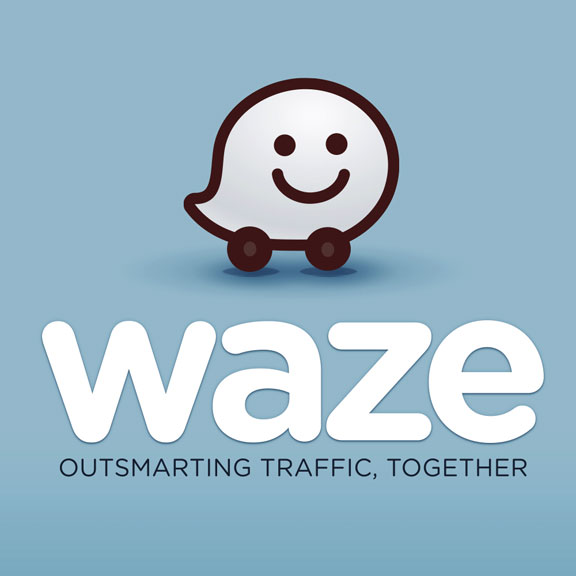Travel Alert
I know, I know – I can be a nag and a worrier when it comes to applications and programs.  I urge readers to check their computer’s security periodically, and take necessary precautions with the obvious threats like phishing, risky websites, and uncertain downloads.
I urge readers to check their computer’s security periodically, and take necessary precautions with the obvious threats like phishing, risky websites, and uncertain downloads.
Of course these days our “computers” are no longer big bulky towers, or even handy laptops or tablets, though they may be any of these as well, but are little innocent looking devices held in our hands and carried around from dawn til well past dusk. Is anything more worrying, next to a flashing light in the rear view mirror, than not being able to find your phone? (And if you don’t have a locate-my-phone app on at least one of your other devices, get one!) And of course, be sure to auto-lock your phone so that a password, or better yet, thumb print, is required before accessing it after a short period of disuse, as theft protection.
Long-time readers might remember my wondering when the first ticket might be issued based on a toll-road on/off time, using your “EZ Pass” as a means of determining when you started and ended your journey – and what rate of speed might have been required for that trip. My best guess is that handing out tickets would simply have defeated the benefits —to both the driver and the state— of the device itself, and nobody would have wanted one unless it was simply for bridge crossing during heavy traffic times.
Needless to say, it didn’t take long for fleet management to realize the benefits of GPS tracking of their vehicles. Was a truck en route, and was the driver off the clock within the required number of hours? Where was the rental car? If a vehicle was broken down, it could be pinpointed geographically with ease.
But it doesn’t take an EZ Pass or a specially equipped vehicle to know where you are when – you’re carrying the capability with you every day, every “where,” on your cell phone.
By now we’re all aware we leave the thumbprints of our activity and whereabouts as we choose, “checking in” at our favorite night spot, tracking our steps, making a call while on the road.
But now there are a significant number of apps designed specifically to track your location – for your benefit. But I like to remind people of Prometheus and fire: for every good that a new technology brings, there’s the potential for risk, as well.

I am a big fan of an app called “Waze.” It’s a mapping tool for your Smart Phone that not only provides you with tools like turn by turn directions, anticipated arrival time, and alternate routes, but “shared” drives (to share your progress and arrival time with those who might be interested) and things like traffic stops, or road hazards. The jury is still out on whether sharing hidden police cars is “fair” or not.
But the primary purpose of such apps is finding you a safe, rapid route from here to there, and keeping you on course.
Now along come a new generation or two of apps for travel that add interest to the mix. The first one that I noted was for logging business versus personal miles. What alerted me to this app was that it announced that you didn’t even need to “start” it – it would simply track where you had gone, when. If the route was, say, here to your kids’ school, that’s personal and could be set as such. A longer trip, more unusual route might require your selection of business or pleasure. Either way, the app knew you were in the car and traveling (as does Waze, which, though now equipped with voice activation, will not allow you to interact unless you specifically tell it you are a passenger). And it knew where you were.
 The latest entrant made me a little more uneasy: how’s my driving? The app presumably tracks you, via GPS, and knows you’re approaching a stop sign. Did you come to a full stop? How about a merge lane – did you stop, or merge smoothly, or jet out into the driving lane too quickly? Are you weaving across a perceived median? It has the potential, of course, to be a great teaching tool for a beginning driver, or simply to help you brush up on your skills. But as with any GPS tool, the fact that you’re trackable means – you’re trackable! And while yes, there is research into “cloaking devices,” (you know who you are Star Trek fans), the benefits of the GPS system in your phone is lost if you shield it or even turn it off (though presumably the tracking is still possible).
The latest entrant made me a little more uneasy: how’s my driving? The app presumably tracks you, via GPS, and knows you’re approaching a stop sign. Did you come to a full stop? How about a merge lane – did you stop, or merge smoothly, or jet out into the driving lane too quickly? Are you weaving across a perceived median? It has the potential, of course, to be a great teaching tool for a beginning driver, or simply to help you brush up on your skills. But as with any GPS tool, the fact that you’re trackable means – you’re trackable! And while yes, there is research into “cloaking devices,” (you know who you are Star Trek fans), the benefits of the GPS system in your phone is lost if you shield it or even turn it off (though presumably the tracking is still possible).
I’m still opting for the benefits of “Find My Car” and “Waze.” But, I remind myself, Mary Shelley didn’t subtitle her titanic novel “A Modern Prometheus” for nothing.









